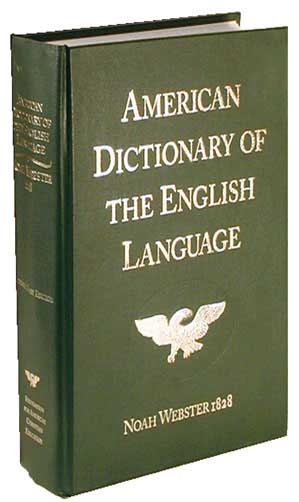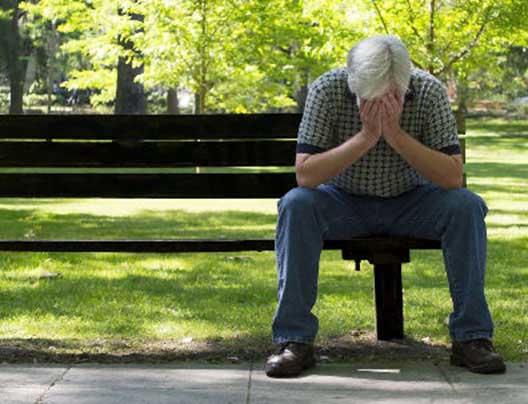When does middle age begin? 35? 40? 45? 50? Looking at it in this manner is a mistake, pure and simple. What people dislike about middle age has nothing to do with a number, it’s a situation. Picking an age range, when we all know how much variety there is to be found in every age range, just doesn’t work. But we like to use age ranges for things like youth, old age, the teen years, toddlers, and so forth, so it’s perfectly understandable why we try to do the same for middle age.
If I had to pick numbers, then I’d probably choose the range from 25 to 75. Why? Thinking in terms of myself and others I’ve known, I’d say most of us are truly independent of our families and on our own at least by 25 and most of us are dealing with the infirmities of old age by 75. Everything in-between would be middle age.
That may make some sense, but it’s unsatisfying. Why is it so many people dislike the term “middle age”? Why do they get depressed when they finally accept that they are middle-aged? Most people don’t get depressed about their age when they’re 28. Most people who are 50 aren’t infirm. Obviously, middle age is something other than being between 25 and 75. We can’t deal with it realistically until we know what it is.

This subject began to interest me in my 30’s and I began my own study of the aging process. By 40, I felt I had no choice but to accept myself as being middle-aged. That was supposed to depress me, or so I thought, but I couldn’t put my finger on a good reason to be depressed. Still, I had heard so many negative things about middle age, I thought I ought to get a clearer understanding of what it was I had to fear.
So I started talking to people of all ages, from the very young to the very old and everywhere in-between. I didn’t just ask them for their opinion, I asked them if they were happy or not with their lives and why. I wanted to hear what it was that made the negative difference between 25 and 45, between 45 and 65, and so on. Slowly, over a long time, a new definition of middle age began to form in my mind.

What’s so great about being a kid? What’s so exciting about it? In a word, potential. Kids see few limits to their potential. She wants to be an astronaut, or a nurse, or a lawyer, and on and on. She changes her mind every few days or weeks when she discovers something new. It’s amusing, but it’s exciting to see such enthusiasm and willingness to try something new.
What so bad about being old? What’s so depressing about it? In a word: limitations.
● He’s too old, he can’t do that any more.
● She used to be able to, but she can’t now.
● There’s no real future in trying to start a new career at his age.
● He doesn’t have the time left anymore.
● She’s “paid her dues” and she didn’t get what she expected.
● He doesn’t like it, but it’s his lot in life.
● She gets tired quickly, doesn’t have the energy she used to have, but she “can’t expect it” at her age.
It may seem logical, but it’s depressing to hear such negativism.

If middle age is the period between these two states, then what more is it? I’ve decided that middle age is that point in your life when you shift from seeing the future in terms of your potential and begin to see it in terms of your limitations. It’s a shift that’s so slow, so incremental, that we don’t even notice it on a day-to-day basis. But we start at one end and end up at the other. It doesn’t happen overnight.

Looked at with any objectivity, it doesn’t make sense. Once we’re in our 40’s, or 50’s, or 60’s, we ought to think that we finally have enough experience and enough freedom to really begin to grow, not begin to decline. I know people who are 85 or older, but who still look forward to tomorrow. Unfortunately, I know people 15 or younger who’ve already given up.
But they’re rare, most of us slide down the hill from youth to old age, instead of climbing the hill. Sure, it’s a matter of perspective and “all we have to do” is change our perspective. But we make it very hard on ourselves when we associate a perspective with a specific age group and treat it as inevitable because aging is inevitable. As the old saying goes, we dig our own grave. We don’t have to. Copyright © all rights reserved 2004 Robert L. Adams